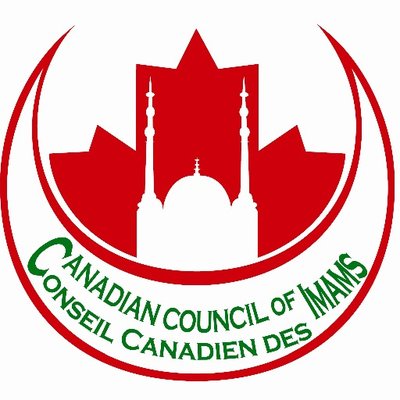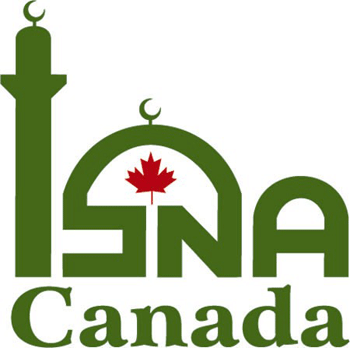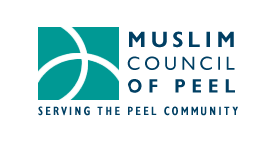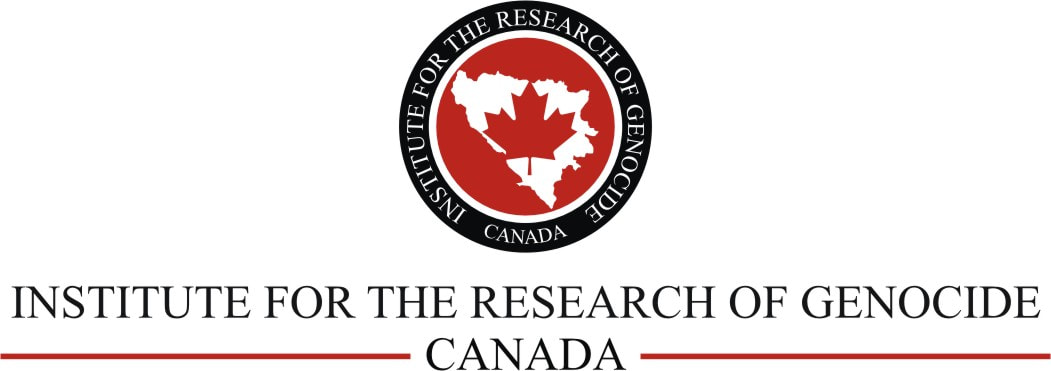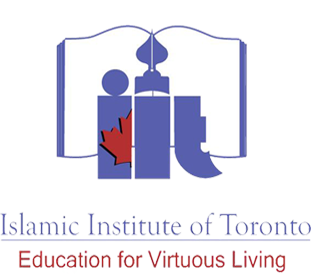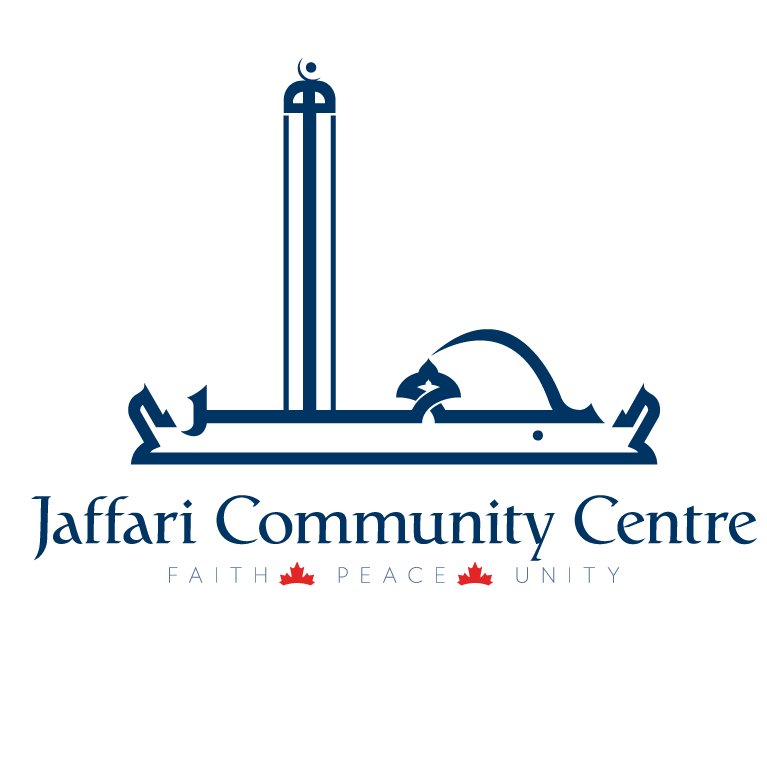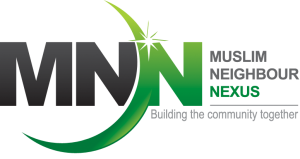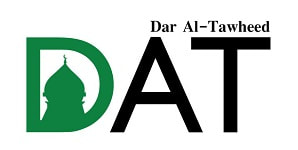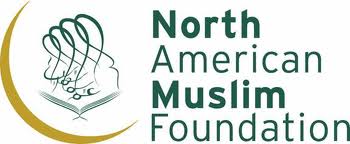What We Do
Our Strategic Goals
1: Recognition of the Situation as a Genocide.
Genocide is defined in Article 2 of the Convention on the Prevention and Punishment of the Crime of Genocide (1948) as "any of the following acts committed with intent to destroy, in whole or in part, a national, ethnical, racial or religious group, as such: killing members of the group; causing serious bodily or mental harm to members of the group; deliberately inflicting on the group conditions of life calculated to bring about its physical destruction in whole or in part; imposing measures intended to prevent births within the group; [and] forcibly transferring children of the group to another group."
2: Establishment of a UN-Defended Safe Zone in Myanmar.
As called for by the Bangladeshi prime minister, a safe zone manned by UN peacekeepers with a mandate to defend and protect needs to be established in Burma.
3: Transport of Emergency Aid Supplies via Airlift to Refugee Camps.
Burma Task Force calls on all nations to send emergency aid supplies, including food, medicine, and tents. The Canadian government can do more to improve transportation via airlift as major ground transport is near impossible in refugee camps.
4: Enforcement of Sanctions Against the Burmese Regime.
We demand that sanctions be reimposed on the Burmese regime, excluding any sanctions on food and medicine. Burma Task Force supports all current sanctions imposed by the Government of Canada but does not consider them strong enough. We also view UN and international sanctions (including an arms embargo) as necessary to convince the Myanmar government to rein in the military and truly hold it accountable.
Our Mission
Burma Task Force Canada (a project of Justice For All Canada) is a coalition of numerous Canadian organizations, dedicated to ending the Rohingya genocide and returning citizenship to the stateless.
Burma Task Force was originally founded in response to attacks on Rohingya homes and businesses by ultra-nationalist Buddhists supported by government security forces. In 2012 such attacks led to hundreds of deaths and thousands of casualties, as well as mass displacement to prison-like camps.
Since the mass atrocities and mass displacement of over 650,000 Rohingya began in late August 2017, Burma Task Force has stepped up its education efforts and advocacy for the rights of Rohingya refugees in Bangladesh, the internally displaced population and all those denied freedom of movement and at risk of starvation. Military and vigilante attacks arise out of long-established policies of apartheid, exclusion, and disenfranchisement. Burma Task Force believes that any repatriation must be linked to restoration of rights as well as property, along with safety guarantees.
Burma Task Force was originally founded in response to attacks on Rohingya homes and businesses by ultra-nationalist Buddhists supported by government security forces. In 2012 such attacks led to hundreds of deaths and thousands of casualties, as well as mass displacement to prison-like camps.
Since the mass atrocities and mass displacement of over 650,000 Rohingya began in late August 2017, Burma Task Force has stepped up its education efforts and advocacy for the rights of Rohingya refugees in Bangladesh, the internally displaced population and all those denied freedom of movement and at risk of starvation. Military and vigilante attacks arise out of long-established policies of apartheid, exclusion, and disenfranchisement. Burma Task Force believes that any repatriation must be linked to restoration of rights as well as property, along with safety guarantees.






